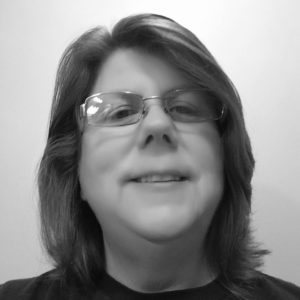Dennis McKenna is a co-founder of the Heffter Research Institute and brother of Terence McKenna.
From the Institute website:
“Dennis McKenna’s professional and personal interests are focused on the interdisciplinary study of ethnopharmacology and plant hallucinogens. He received his doctorate in 1984 from the University of British Columbia, where his doctoral research focused on ethnopharmacological investigations of the botany, chemistry, and pharmacology of ayahuasca and oo-koo-he, two orally-active tryptamine-based hallucinogens used by indigenous peoples in the Northwest Amazon.
Dr. McKenna received post-doctoral research fellowships in the Laboratory of Clinical Pharmacology, National Institute of Mental Health, and in the Department of Neurology, Stanford University School of Medicine. He joined Shaman Pharmaceuticals as Director of Ethnopharmacology in 1990, and relocated to Minnesota in 1993 to join the Aveda Corporation as Senior Research Pharmacognosist. He joined the faculty of the Center for Spirituality and Healing at the University of Minnesota in 2001. He is a founding board member of the Heffter Research Institute and serves on the advisory board of non-profit organizations in the fields of ethnobotany and botanical medicines. He was a key organizer and participant in the Hoasca Project, an international biomedical study of ayahuasca used by indigenous people and syncretic religious groups in Brasil.
He recently completed a project, funded by the Stanley Medical Research Institute, to investigate Amazonian ethnomedicines for the treatment of schizophrenia and cognitive deficits. At the Heffter Research Institute, he continues his focus on the therapeutic uses of psychoactive medicines derived from nature and used in indigenous ethnomedical practices.”

